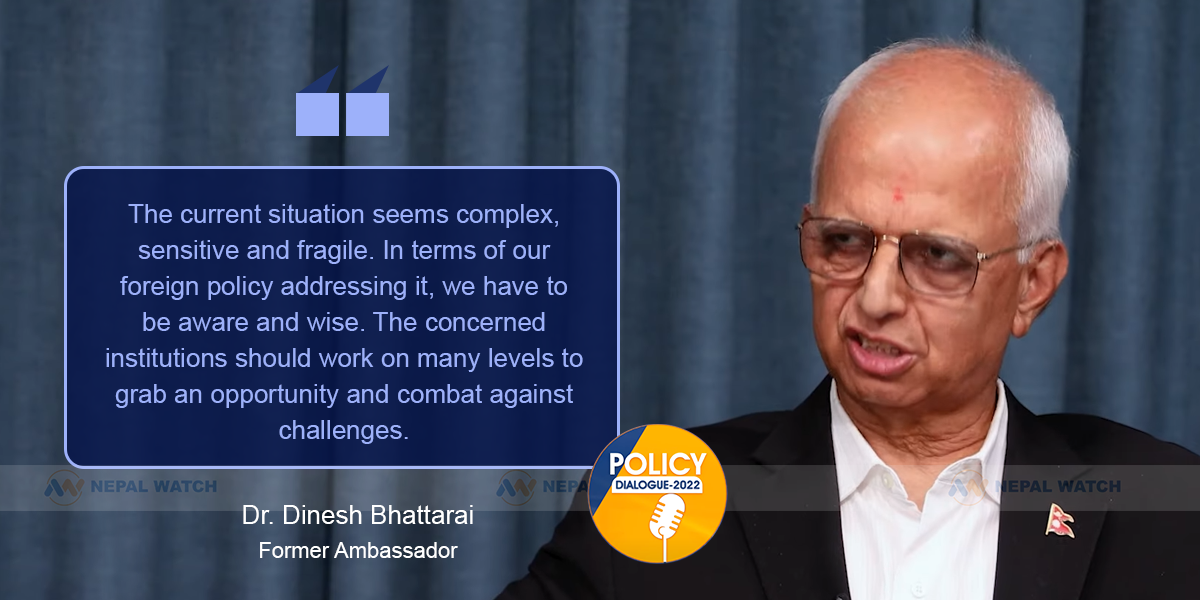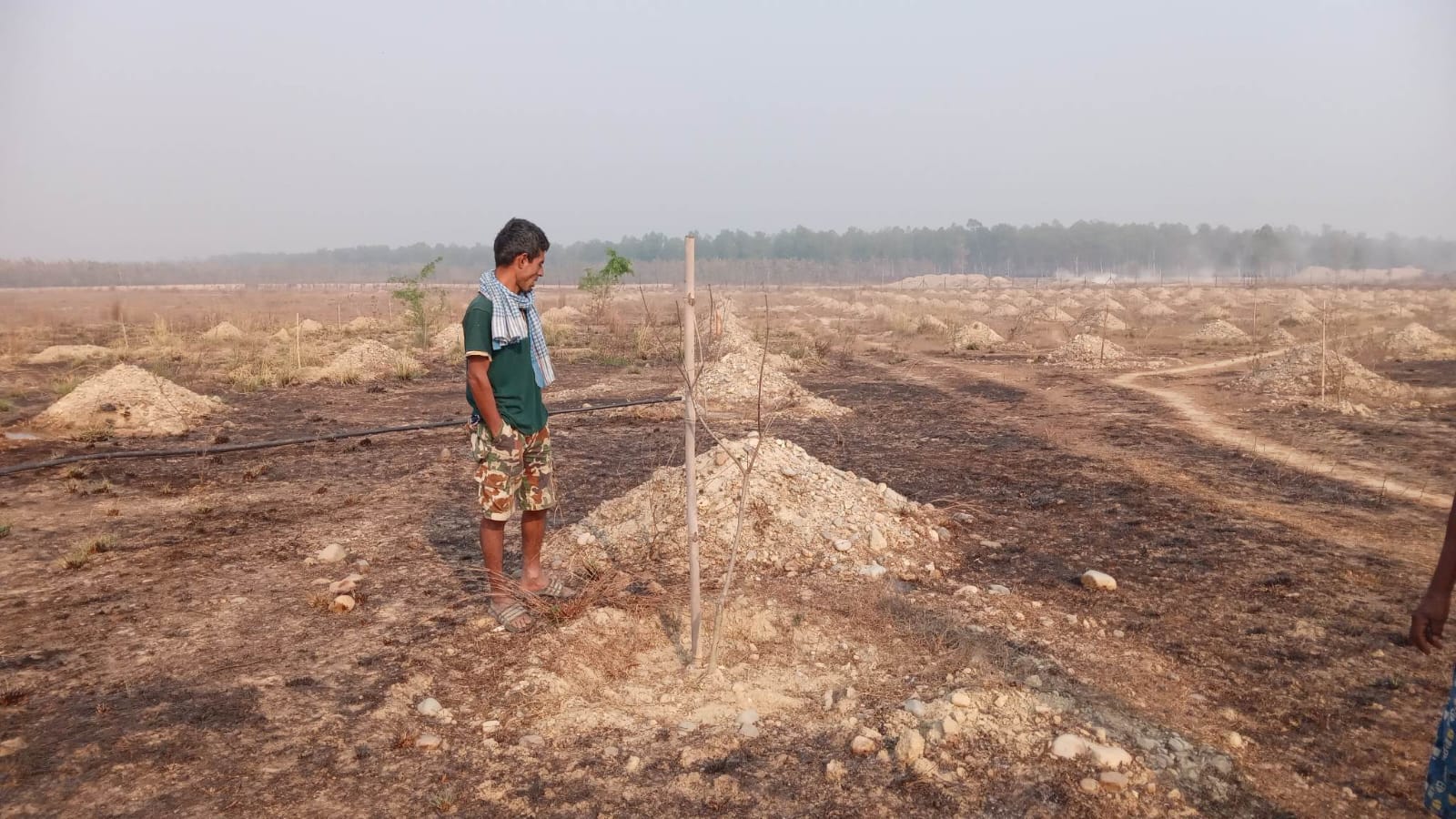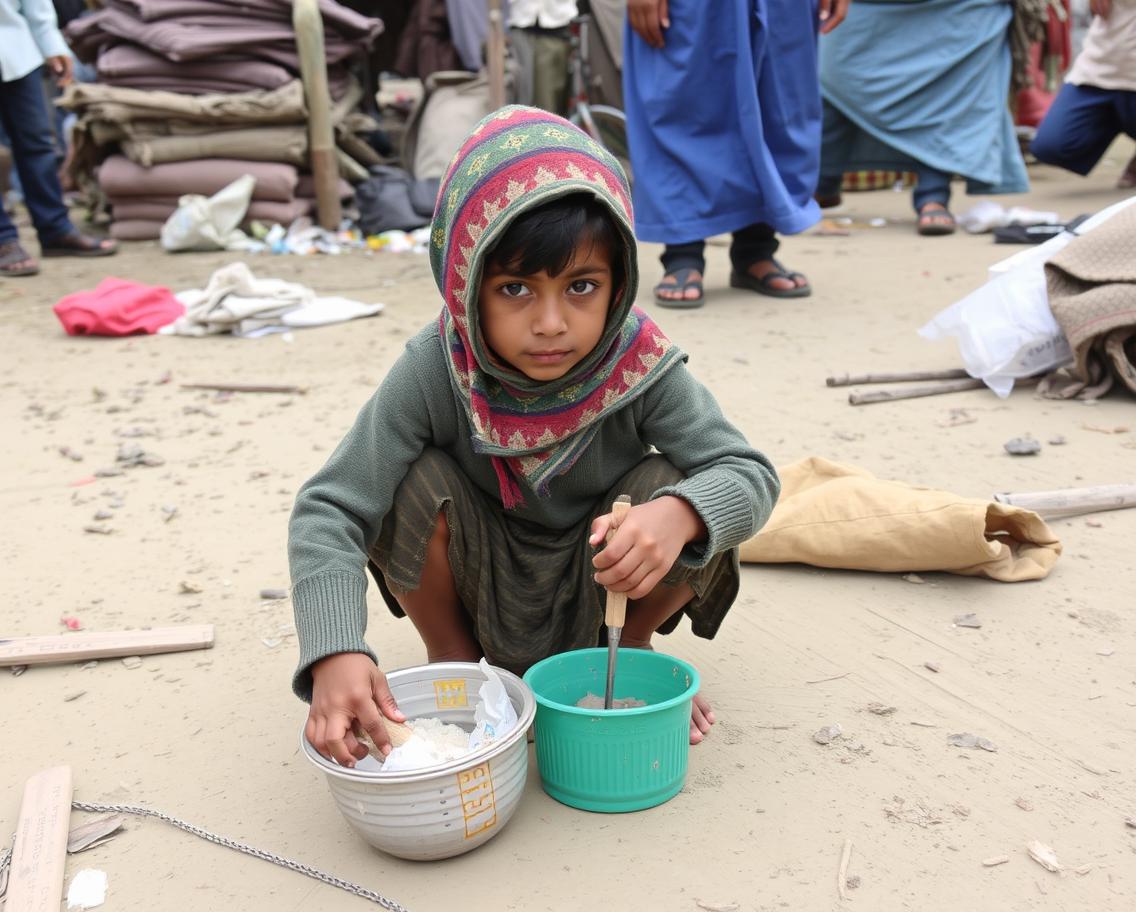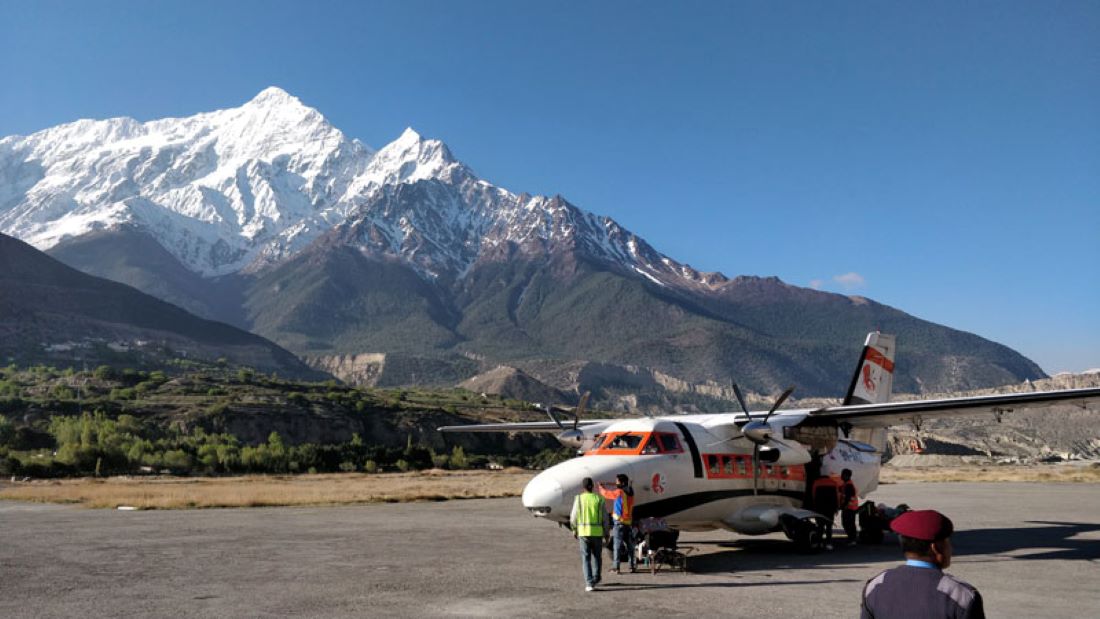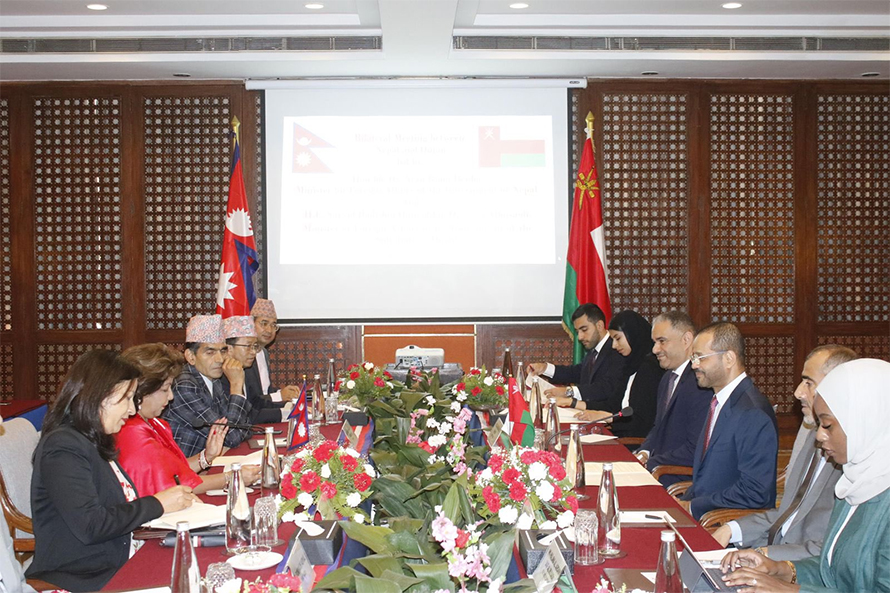Lack of attention to preparedness made our projects expensive
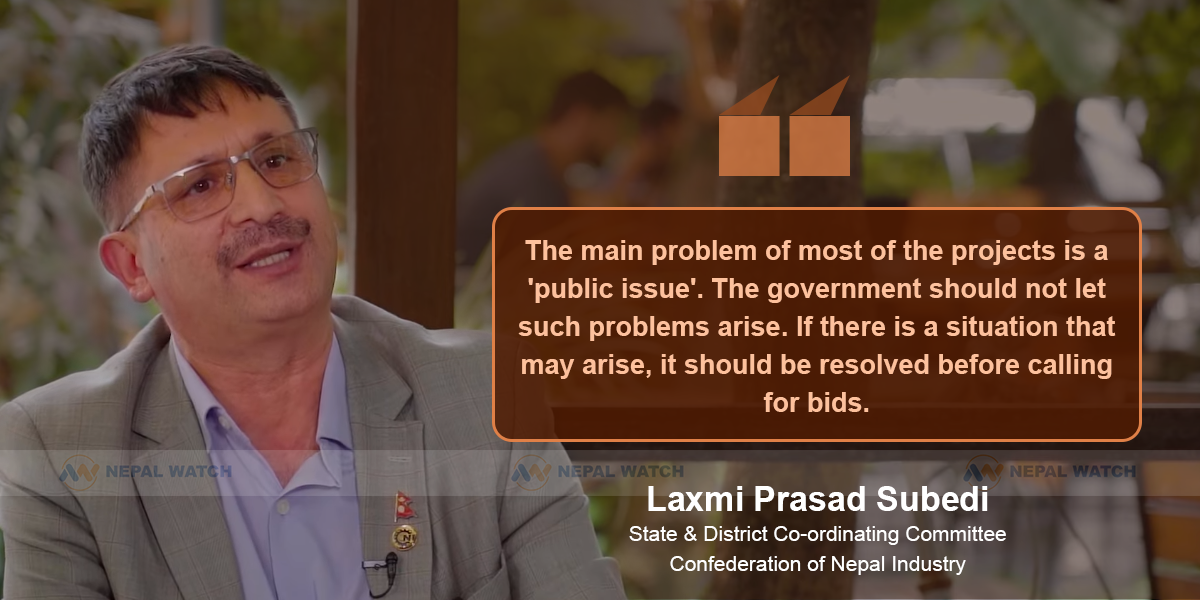
Kathmandu. There is a necessity to build numerous infrastructures in Nepal. At the same time, projects that have been stuck for years are also to be completed. All over the world, projects and development work is carried out in partnership between construction professionals, government, and service providers. But in our country, there is no coordination between these three bodies.
Therefore, it is necessary to adopt the practice of partnership that is happening all over the world.
Our projects have been extended for years. Not only has the completion of the work been delayed, but the cost has also increased. There are some reasons for this, which I would like to discuss.
The government advances the project but does not prepare well for it.
This is the main reason for project prolongation and cost increase. Therefore, the government and state agencies should pay on what kind of preparation has been done for the project rather than issuing 15 days’ notice for any project.
If a road is being built somewhere, are there electric poles around it? If hydropower is going to be built, has the transmission line been removed or not? Do the locals give/don’t they give grief? Has the court opened the way to carry out projects? Answers to these common questions are more important than issuing notices.
Even though there is so much work to be done, the foundation of the project is laid without even basic preparation. Calling for bids is also not done properly. There is also a tendency for government agencies to forget once the project has gone into the hands of the private sector.
Every responsibility comes under the responsibility of the private sector. But solving preparedness issues is beyond the capacity of the private sector. Then the private sector becomes ‘passive’ and as soon as this happens the cost and time of the projected increase.
Therefore, the possible obstacles that may appear in the construction of the project should be resolved before the notification is issued. But due to lack of proper attention towards this, there are several problems everywhere. The private sector investing in hydro is suffering a lot because of the transmission line. After suffering, they are forced to think, ‘why did I take the money from the house and throw it in the river?
The anguish caused by the locals during construction is equally troubling. If they had obstructed social benefits, it could have been considered justified, but their attention seems to be more towards getting personal benefits.
There is a tendency among common people to create problems by referring to the right to free speech and democracy after the development work has started. The main problem of most of the projects is a ‘public issue’.
The government should not let such problems arise. If there is a situation that may arise, it should be resolved before calling for bids. Constructing companies have been hit because the government, which should end such problems, is not interested in solving those problems.
Even in solving those problems, the builders themselves have to come to the frontline. Obstructions in the name of democracy are dangerous. Therefore, if we want to develop, we should not look for “democrats” in such work. We should stop looking for ‘Democrats’ in every field.
Let’s learn from Bhutan, promote indigenous products
Apart from this, there are other weaknesses during the construction of the project. Specifications are decided usually before any project starts. In doing so, the government does not seem to have ever specified to use of wood from its own country or any other indigenous materials. It is directly designated to use the foreign wood.’ The government should be able to tell to use wood or any indigenous materials from their own country.
We aim for import substitution but while making a ‘Bill of Quantity’, we make a list of foreign items. Isn’t it contradictory? It is wrong to specify foreign goods in the bid document in this way. On behalf of the Government of Nepal, I request all those making ToR to promote and encourage Nepali productions that are self-sufficient or on the way to self-sufficiency.
We are encouraging imports. But we cry because the dollar has gone out, the economy has weakened, and remittances have returned.
So many star hotels are being built. Why not use indigenous stones from Baglung and Dolakha instead of granite in the construction of these structures? For this, the concerned authorities should think to work at the policy level. Bhutan has become an excellent example of domestic product consumption. Why can’t we follow or learn the good work from Bhutan?
Now every star hotel in Bhutan has used that stone. We are sending money out of our country despite the possibility of ‘slate stone’. It should be corrected. Rather, if you don’t have the technology for that, then spend on it. When the national product is increased, the people here get jobs.
If the project is to be completed on time, I have four suggestions – first, the possible problems that may arise after the start of the work should be addressed before the ‘contract bid’. Second, the capacity of the private sector should be expanded. Thirdly, internal resources should be included in the project so that our indigenous products are developed. Fourth, as I said at the beginning, it is important to have good coordination between the government, the private sector, and various agencies.
Trending
Related News
Latest
-

Riddara RD6 EV Pick Up Launches Exchange Offer In Nepal
-

Shop More, Save More with Daraz Nepal’s 5.5 Best Price, Best Deals
-

Unveiling the Galaxy S25 Ultra 1TB: Samsung’s Tera-fic New Flagship Variant Kicks Off the New Year with Unprecedented Storage Power
-

UK announces £10 million for Myanmar quake relief
-

World Bank Approves financing package of 150 Million USD to Nepal




